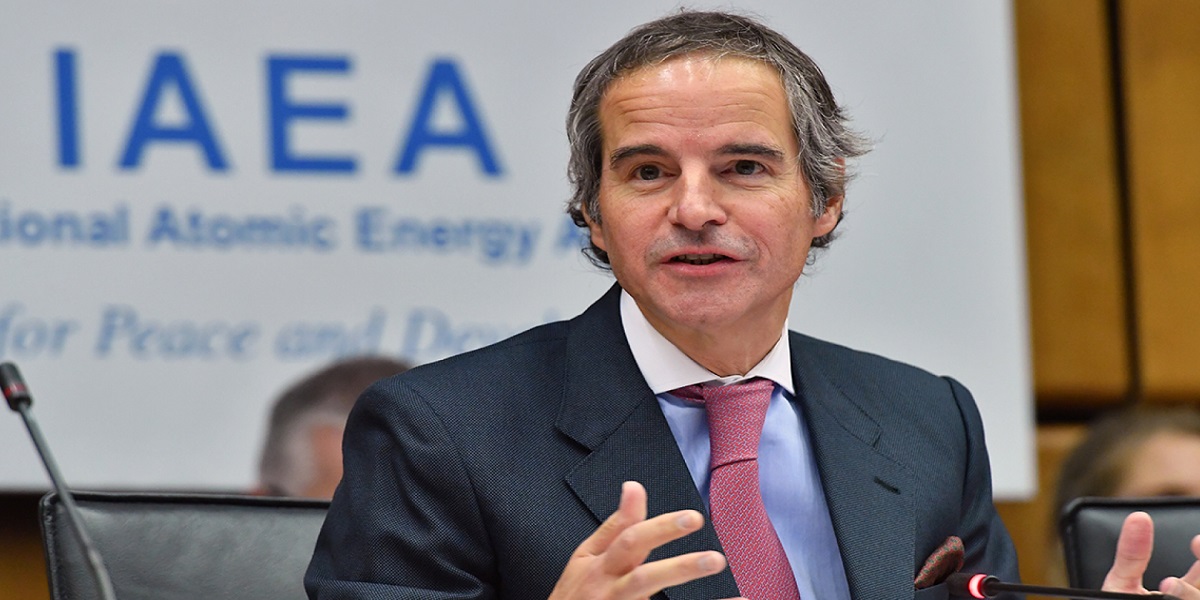IAEA chief praises progress on Fukushima decommissioning

IAEA chief praises progress on Fukushima decommissioning
The UN’s nuclear watchdog chief said Thursday that work on decommissioning the crippled Fukushima nuclear facility has made “remarkable progress,” promising to continue monitoring the process.
International Atomic Energy Agency (IAEA) head Rafael Mariano Grossi is in Japan on a two-day trip to assess efforts to dismantle the Fukushima Daiichi plant after the 2011 disaster caused by a devastating tsunami.
The process is expected to last decades and has encountered various difficulties including the build-up of contaminated water.
But Grossi said he was “really impressed by the remarkable progress that, in spite of the pandemic, has been done over the past two years.”
“We are going to be here before, during and after the (decommissioning) process,” he added.
“We are in the before, and it’s going well.”
A March 11, 2011, undersea earthquake off Japan’s east coast triggered a massive tsunami that overwhelmed cooling systems at several of the Fukushima Daiichi plant’s reactors and caused the worst nuclear accident since Chernobyl.
Decommissioning is expected to take around four decades, with painstaking work to remove molten fuel from damaged reactors among the tasks ahead.
A more immediate challenge involves disposing of more than a million tonnes of treated water from the site that is currently stored in massive tanks.
Japan’s government has endorsed a plan to release the water into the ocean after treating it to remove almost all radionuclides and diluting it.
The process will take place over many years, and has been backed by the IAEA and, this week, Japan’s Nuclear Regulation Authority.
In a video message tweeted by Grossi from Fukushima, he insisted the release would “be done in full conformity with the international standards and therefore it will not cause any harm to the environment.”
But the plan has worried local fishing communities concerned about the reputation of their catch and prompted criticism from China and South Korea.
The disaster in northeast Japan left around 18,500 people dead or missing, with most killed by the tsunami.
Tens of thousands of residents around the Fukushima plant were ordered to evacuate their homes, or chose to do so.
Previously, over 12% of Fukushima was designated dangerous, but no-go zones currently cover only 2.4 percent of the prefecture, despite the fact that population in many towns is still significantly lower than previously.
Read More News On
Catch all the Business News, Breaking News Event and Latest News Updates on The BOL News
Download The BOL News App to get the Daily News Update & Live News.